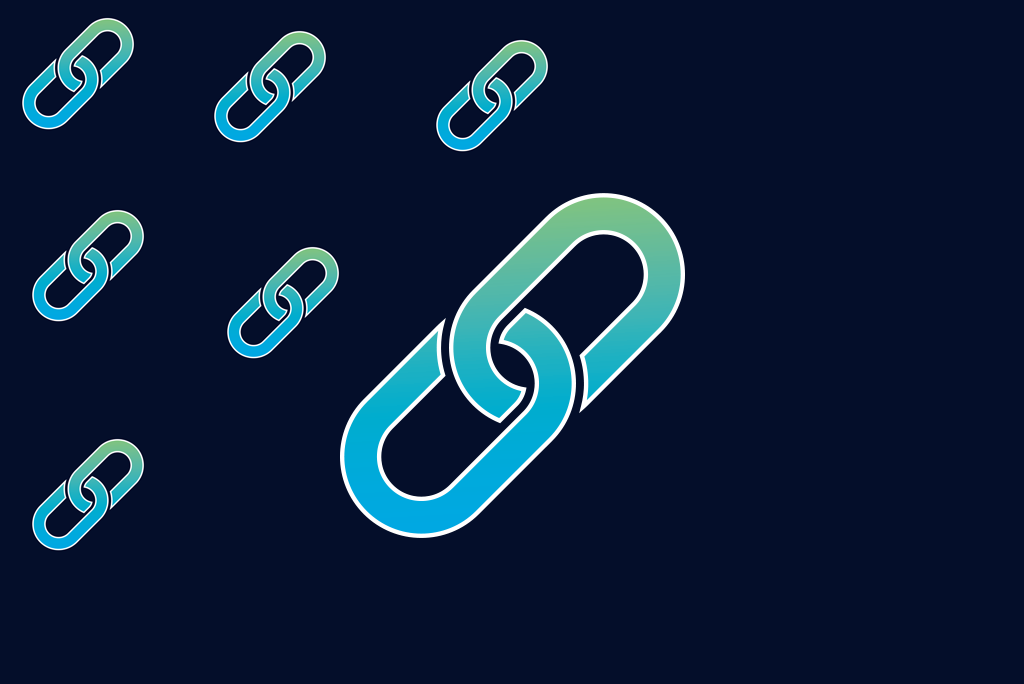
With more people shopping online than ever before during the COVID-19 pandemic, blockchain is increasingly becoming a solution to tracking and authenticating goods along the complex and arduous global supply chain. Blockchain is a decentralized digital ledger of transactions that records data in a way that prevents hacking and data altercation. Not only will this technology make the supply chain nimbler, faster, and more efficient, it will give stakeholders – manufacturers, distributors, and customers alike – insight into what’s happening within the supply chain so they can swiftly adapt to problems as they arise.
There are a few industries that can benefit from adopting blockchain technology into their supply chain during the COVID-19 pandemic, including information and communications technology (ICT), food and agriculture, and pharmaceuticals.
ICT
Blockchain is increasingly seen as a solution to ICT supply chain delays and disruptions caused by the COVID-19 pandemic. A recent report titled “Building a More Resilient ICT Supply Chain: Lessons Learned During The COVID-19 Pandemic” highlights three major issues that have affected the ICT during the pandemic: a lack of diversity in supply chains, a need to reduce inventory so it’s more cost efficient, and a need to develop insight into what’s happening within the supply chain. Assembled by the U.S. Cybersecurity & Infrastructure Agency, the study group that created the report recommended blockchain as a solution because of its real-time visibility into logistics.
Food
Blockchain may be able to improve food safety in the global supply chain. The technology could help the food and agriculture industry spot contamination and fraud by tracking materials from production to consumer. This year, consumers in North America stocked up on food at home during the COVID-19 pandemic. The demand hoisted sales by almost 30% from a year ago. However, this increase in demand has also created a delay in the supply chain that could potentially lead to food contamination. Currently, several companies have already created blockchain solutions for the global food and agriculture supply chain. These include TE-FOOD International GmbH (Europe), IBM, ACR-NET (Ireland), Microsoft (US), Ambrosus (Switzerland), Provenance (UK), SAP SE (Germany), and OriginTrail (Slovenia).
Pharmaceuticals
Blockchain is expected to be a boon to the pharmaceutical industry. As discussed in a previous post, the technology is seen as a solution to the logistical challenges of delivering a COVID-19 vaccine, which must be temperature controlled, to people all over the planet. More broadly, the technology will allow the industry to privately transfer serialized product information from manufacturers and pharmacies.
The Drug Supply Chain Security Act (DSCSA) Pilot Project Program is a joint project between the FDA, major pharmaceutical manufacturers, and wholesale distributors. The DSCSA is currently creating an electronic system that will spot and track specific prescription drugs distributed in the U.S.
Of the twenty pilots sponsored by DSCSA, six will examine blockchain’s ability to improve visibility within the supply chain and trace product ownership. Lessons learned from the project will be used to figure out how to best use the technology going forward.
Under DSCSA requirements, pharmaceuticals will be serialized and marked with certain standardized data to create an interoperable, digital system that identifies and tracks the products throughout the supply chain. Blockchain can also help the pharmaceutical industry prevent counterfeit pharmaceuticals that can damage a person’s health or even kill them. Because blockchain creates unalterable authentication for products throughout the supply chain, it ensures that pharmaceuticals are safe to use and in compliance with the FDA.
While it may be years before blockchain technology is widespread, pandemic lockdowns and the emergent need for a vaccine may spur its growth.
Understand Enterprise Blockchain for Your Industry
What other industries can benefit from blockchain technology? Get Enterprise Blockchain for Healthcare, IoT, Energy, and Supply Chain, a five-course program from IEEE, to find out. Developed by leading experts in blockchain technology, this advanced program provides business use cases across key industries and sectors. It’s ideal for managers, professional engineers, and business leaders.
Contact an IEEE Content Specialist to learn more about how this program can benefit your organization.
Interested in getting access for yourself? Visit the IEEE Learning Network (ILN) today!
Resources
Freeman, Oliver. (16 November 2020). Agriculture and Food Supply Chain’s Blockchain Transition. Supply Chain.
Kaaru, Steve. (13 November 2020). Blockchain can make ICT supply chains more resilient: US study group. Coin Geek.
Adams, Kraig. (21 October 2020). Pharma Industry Explores How Blockchain and Standards Can Improve Supply Chain Safety. Supply & Demand Chain Executive.


That’s true, blockchain is going to be the future.